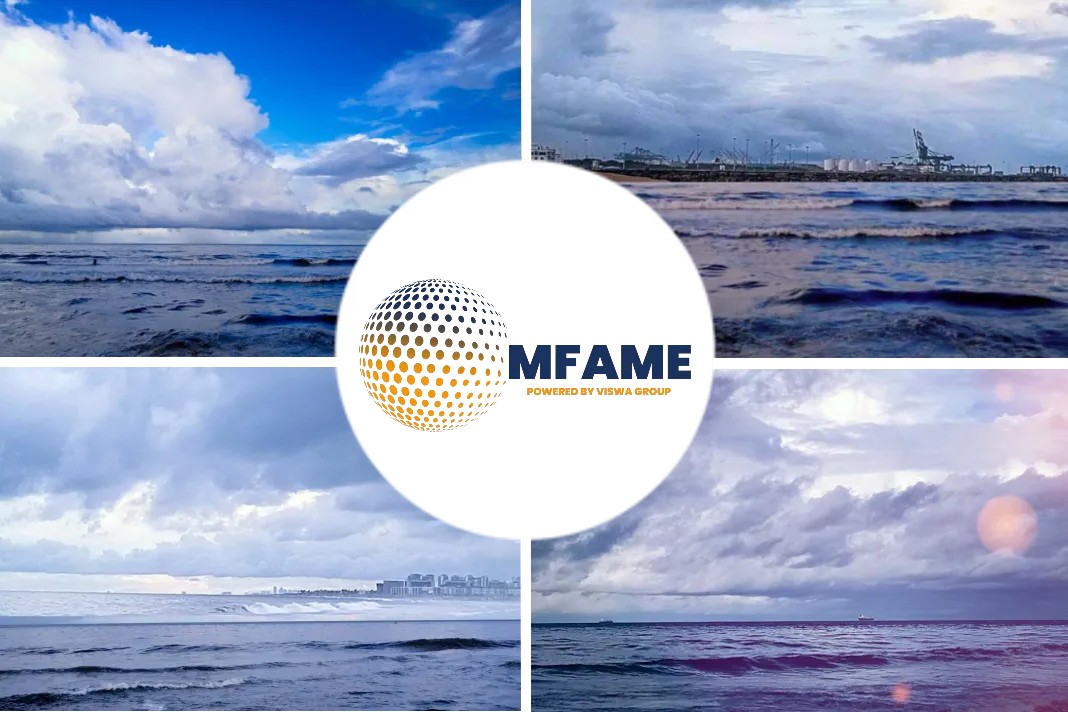- IMO’s 0.5% sulphur cap regulation in full swing.
- As a way to compliance, 4,000 vessels have installed scrubbers.
- Stringent wash water monitoring guidelines will be ratified in the near future.
- It is vital to futureproof against potentially onerous regulatory developments.
- IMO yet to align all signatory states on one unified policy approach.
- Preventative action necessary for those who have invested in scrubbers to protect their significant investments and the marine environment.
Elizabeth Paull, Managing Director, Chelsea Technologies, writes for Ship and Bunker about the investors in scrubbers and the preventative action that should be taken by them to protect their significant investments and the marine environment.
Scrubber installation to comply with regulations
Some shipyards witness a long waiting lists for scrubber installation. This is an outcome of implementation of the IMO’s 0.5% sulphur cap regulation. At present, according to the Exhaust Gas Cleaning Systems Association (EGCSA), nearly 4,000 vessels have installed scrubbers to comply with the regulations.
Ratification of stern wash water monitoring guidelines
It is highly likely that stringent wash water monitoring guidelines will be ratified in the near future. For this reason, it is becoming increasingly important for those with systems installed, or those looking to install scrubbers as a route to compliance, to futureproof against potentially onerous regulatory developments.
IMO not yet aligned all signatory states
- With the passage of time, the IMO is yet to align all signatory states on one unified policy approach.
- it is essential for those invested in scrubbers to take preventative action to protect their significant investments and the marine environment.
- Both the vessel owners who have paid for and installed systems, along-side scrubber manufacturers who are required to provide reliable proof that their systems work as advertised.
- A crucial part of this preventative action is the ability to accurately measure and monitor wash water effluent.
- This will significantly reduce risk to both owners and manufacturers.
- Thus, enabling investors to remain one step ahead of regulation and future-proof operations.
Not much of clarity on what should be measured and how
What makes this difficult is the current lack of definition and clarity over what should be measured and how. While the IMO has provided guidelines for methodology and monitoring across almost all aspects of wash water effluents. At present, there is currently no guidance, for example, on the measurement regime for polycyclic aromatic hydrocarbons (PAH).
With the environmental compliance of wash water relying on thorough and accurate monitoring, the lack of methodological standards for monitoring PAH levels is a recognised issue and one that challenges the industry’s ability to safeguard compliance. This is further complicated by the fact that PAH is arguably the most crucial part of wash water monitoring for determining compliance and without this agreed standard, shipowners and operators are unable to make an informed decision on where to invest their capital. In order to combat this, scrubber manfuacturers need to ensure that an accurate, consistent monitoring solution is integrated in order to protect their clients from falling foul of evolving regulation.
Full regulatory analysis
For this reason, owners looking for monitoring systems should ensure that their system of choice performs the full regulatory analysis, as required by the IMO, including PAH, pH, turbidity (to ISO 7027: 1999) and temperature, to enable robust and accurate measurements are made in accordance with regulatory requirements.
Steps taken by Chelsea
- Combined with its technical expertise, Chelsea is also working closely with leading global scrubber manufacturers.
- It works to offer owners and operators a package solution designed to safeguard their confidence in the system.
- This includes ongoing research and development and an in-depth knowledge of the stringent standards imposed by regulators.
Installed in over 250 vessels and certified by DNV-GL and ClassNK, Chelsea’s Sea Sentry Provides users with a full-range PAH measurement using a proven and highly-accurate sensing technique.
A sound investment decision in scrubber technologies
Accurate wash water monitoring provides peace of mind and assurance to those making the decision to invest in scrubbers, as well as giving scrubber manufacturers the opportunity to offer confidence in the reliability and accuracy of their systems to their customers. Therefore, providing shipowners and operators with the ability to take action before significant issues arise, affords them the opportunity to mitigate the risk associated with non-compliance, including fines and the costs associated with unexpected delays, whilst also allowing them to make a sound investment decision regarding scrubber technologies that will help them protect their bottom line.
It’s Free! Click here to Subscribe!
Source:Ship and Bunker



















